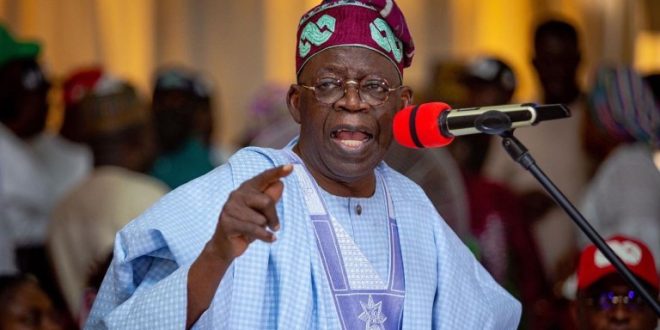Despite Nigeria’s ongoing economic hardships, Wale Edun, the Minister of Finance and Coordinating Minister for the Economy, has affirmed that President Bola Tinubu’s bold reforms are beginning to yield positive results.
Speaking at a media briefing on the economy’s half-year performance in Abuja on Thursday, Edun highlighted the administration’s achievements and future priorities.
Edun reported that within its first year, the current administration has successfully exited the Ways and Means arrangement, which involved borrowing from the Central Bank of Nigeria.
He stated that President Tinubu’s primary focus is now on reducing food prices across the country.
Acknowledging the difficulties associated with the reform policies, Edun reassured that these measures are crucial for achieving long-term economic benefits.
He noted that the Cash Transfer Programme of the Social Investment initiative, which had faced transparency issues, has resumed and now benefits approximately 600,000 people.
The Minister also pointed out that Nigeria is in an advantageous position globally to attract significant investments due to the impact of the government’s reforms.
Indicators of macroeconomic stability include a stable exchange rate, reduced budget deficits, a positive trade balance, and increased investment flows.
Also, there have been notable improvements in Federal Government finances aimed at boosting revenue and controlling expenditure.
Edun described the removal of the fuel subsidy as a “technical” challenge and acknowledged difficulties in implementing the Supreme Court judgment regarding direct payments of federation allocations to Local Government Councils.
He also announced that the Federal Government plans to issue a $500 million bond within the next four weeks to attract investment from the Nigerian diaspora.
These statements come in the wake of a planned protest by Nigerians over ongoing economic suffering.
According to the National Bureau of Statistics (NBS), Nigeria’s inflation rate reached 33.25 percent in June, with food inflation at a record high of 40.8 percent.
Many attribute the rising inflation to the government’s economic reforms, including the removal of the petrol subsidy and the floating of the Naira.
 National Telescope national telescope newspaper
National Telescope national telescope newspaper



